Europe may still be grappling with a heat wave, but already it’s bracing for President Vladimir Putin to squeeze a crucial natural gas pipeline and force millions to ration heating this winter.
Governments and analysts have warned this week that the key Nord Stream 1 pipeline — Europe’s main artery for natural gas, 45% of which it gets from Russia — could be the locus of an energy war as Russia responds to Western sanctions over its invasion of Ukraine.
“Russia is blackmailing us. Russia is using energy as a weapon,” European Commission President Ursula von der Leyen said Wednesday, adding Europe had to prepare for the worst.
Gas started flowing again Thursday after a routine 10-day stoppage but only at the 40% capacity of the pre-maintenance period. Unless Europe weans itself off its reliance on Russia, experts and officials say Putin will dangle this sword of Damocles over the heads of his Western neighbors — and with it the risk of economic, political and even societal unrest that would weaken the pro-Ukraine alliance.
“This winter is going to be a stern test of nerves in some European capitals,” said John Lough, an associate fellow at the London think tank Chatham House, adding that Russia weaponizing gas is “part of its hybrid war strategy to try to persuade Western countries to reduce their support for Ukraine.”
The central problem, according to industry analysts, is that Europe has allowed itself to become dependent on Russia. Governments here have not allowed human rights concerns to stop multibillion-euro deals with Kremlin-controlled energy companies.
Germany has engaged the most.
A now infamous photo from 2011 shows then-German Chancellor Angela Merkel grinning alongside the Russian president at the time, Dmitry Medvedev, turning on the taps for the Nord Stream 1. It cost 7.4 billion euros (around the same amount in U.S. dollars at today’s rates) and has enough capacity to supply half of Germany’s gas, although some of it is sent elsewhere.
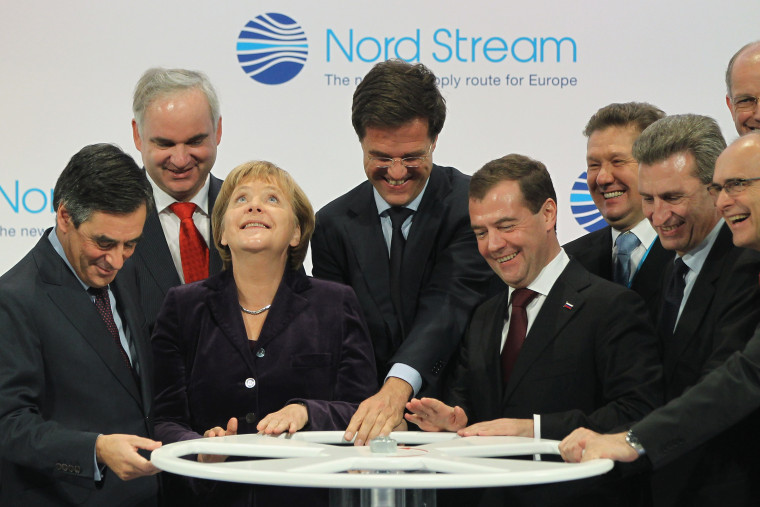
Merkel’s predecessor, Gerhard Schroeder, went on to become a board member of Russia’s state-owned oil company Rosneft and was nominated to the board of Gazprom, the gas giant and main shareholder in Nord Stream.
Schroeder, a friend of Putin’s, only resigned from Rosneft and declined Gazprom’s offer after months of pressure, including being stripped of his post-office parliamentary privileges.
Nord Stream 1 was controversial when it opened, with Ukraine protesting that it was an attempt by Russia to bypass its former Soviet neighbors that previous pipelines had crossed.
Rather than relent, in 2018 Germany granted Gazprom approval to begin construction on the Nord Stream 2 — an even bigger pipeline running in parallel. This, after Moscow invaded Crimea, increased crackdowns on political dissent and meddled in Western elections.
Russian’s invasion of Ukraine in late February served as a belated reckoning for European capitals.
Germany suspended certification for Nord Stream 2 days earlier as Russia ramped up tensions. And Western sanctions have made it more difficult to do business with Russia, which in turn denies allegations it is deliberately squeezing supplies to hike Western bills and ramp up political and economic pressure on its rivals.
With Nord Stream 2 on indefinite hold, attention turned to the older Nord Stream 1. It always goes offline for 10 days every July for maintenance, but this year Putin mused that the conduit might become less reliable because of sanctions delaying the delivery of Western-serviced parts.
For months Europe has accused Russia of reducing Europe’s gas supplies in an attempt to hike prices and sow political division that some worried could spill onto unrest in the streets.
Norbert Röttgen, a lawmaker with Merkel’s political party, tweeted that this the strategy is part of Putin’s “attack on Europe: He tries to divide and unsettle.”
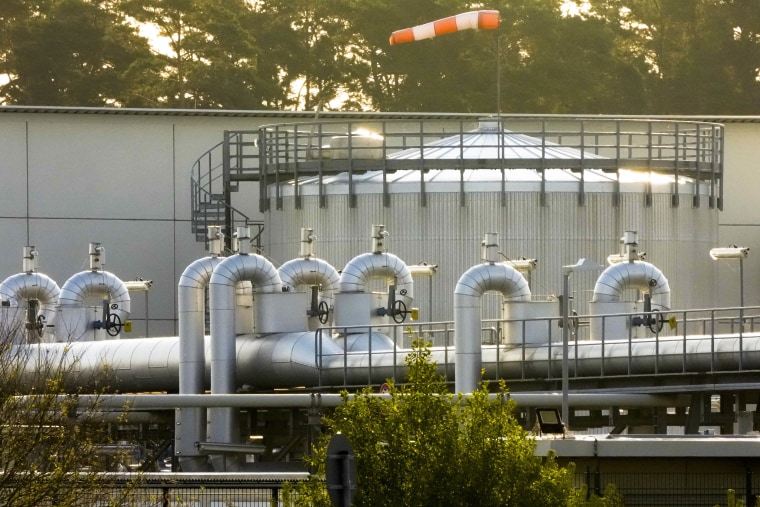
Some took Putin’s warning on Nord Stream 1 as an open threat that he may not restart Europe’s gas lifeline at all.
“There’s nothing nefarious about” the maintenance itself, says Jack Sharples, a research fellow at the Oxford Institute for Energy Studies think tank. “But it’s the context that has people worried.”
Defending its record as a reliable supplier, Russia said the drop in capacity owed to technical problems that it blamed on sanctions.
“Gazprom has fulfilled, is fulfilling and will fulfill all its obligations,” Putin’s spokesman Dmitry Peskov said at a daily news briefing Thursday. “Any technological difficulties associated with this stem from the restrictions imposed by the European states themselves.”
Klaus Mueller, president of Germany’s network regulator, was not so sanguine.
“In view of the missing 60% and the political instability, there is no reason to sound the all-clear yet,” he tweeted Thursday.
Europe has vowed to look elsewhere for its energy — easier said than done.
It has attempted to bring in liquified natural gas (commonly known as LNG) from the United States and elsewhere. But that can only stretch so far, and Europe is still so reliant on Russia that if Moscow did turn off the taps Europe would have to reduce its energy use by 15%, according to an analysis by the Brussels think tank Bruegel.
If there’s a cold snap this winter, that Europeans may have to put on an extra sweater instead of the central heating, or take shorter showers.
“The Germans are certainly preparing for the worst case scenario, but I don’t think it’s really being communicated to the public yet what this means in practice,” said Lough of Chatham House.
“If you end up hoping for a warm winter, you’re probably in a difficult place.”

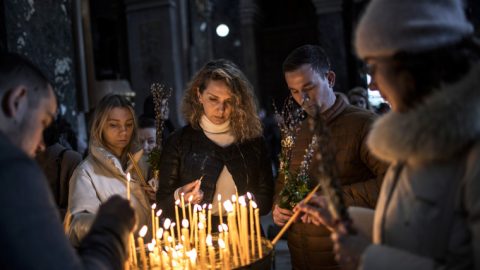
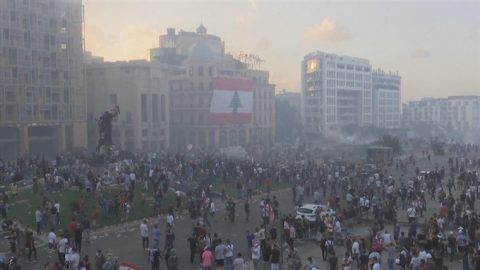
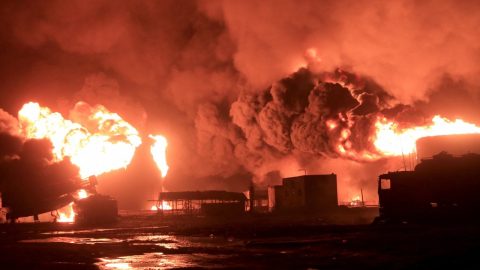
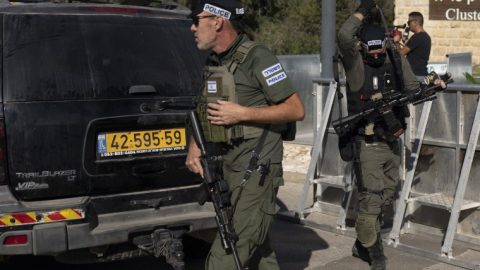
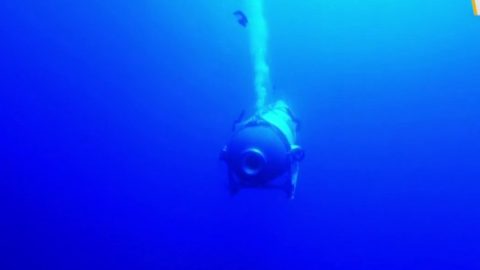

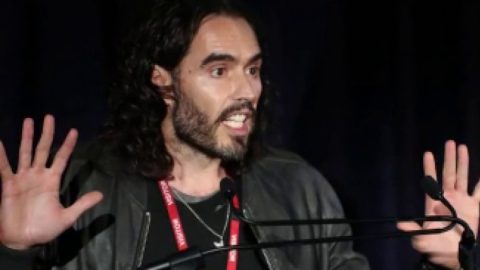
Recent Comments